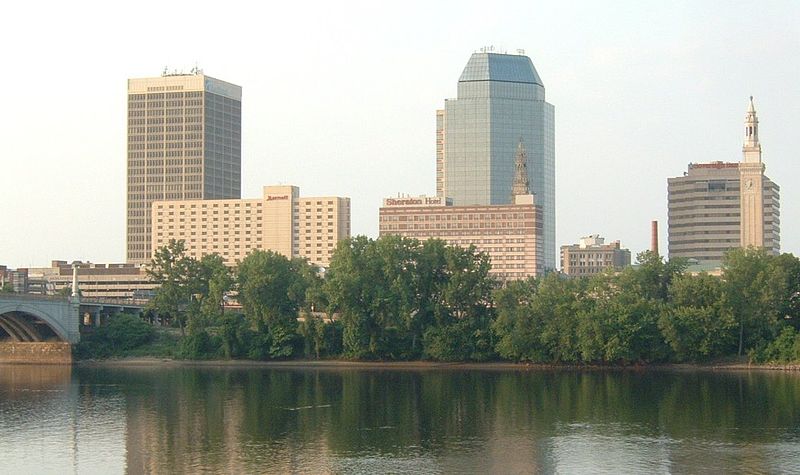MGM Seeks Delay of License Award to Save $200 Million
Posted on: April 22, 2014, 05:30h.
Last updated on: April 18, 2014, 09:07h.

MGM Resorts International has formally asked the Massachusetts Gaming Commission to delay the final approval of its casino license. Unexpected behavior, perhaps, from a casino giant eager to start work on its $800 million casino project in Springfield’s South End; however, MGM is concerned that a recent legal challenge calling for a state-wide referendum on the question of casino gambling in Massachusetts could potentially leave it $200 million out-of-pocket.
The MGM Springfield was approved by Springfield voters, but a subsequent petition for a ballot to overturn the 2011 casino law throws the future of casino gambling in the state into doubt, and a recent poll suggests that support for the casinos in Massachusetts may be slipping.
$85 Million Licensing Fee
MGM Springfield president Michael Mathis told a hearing before the state commission last week that the $200 million relates to state fees and other obligations, which includes an $85 million licensing fee which would be payable within 30 days of awarding of the license. Mathis called for the commission to make a “determination” by declaring MGM the winner of a gaming license for the proposed property, but delaying the formal award until after until the fate of the casino bill is clearer.
“I don’t think anyone would expect our company, or any publicly traded company, to be in a position to write $200 million worth of checks while that cloud of doubt hangs over us,” Mathis told the press afterwards.
The proposed repeal is currently being considered by the state Supreme Judicial Court, which is expected to decide in early July whether a ballot will take place. If they rule for a ballot, voters will once again take to the polls to decide the future of the casino gambling in the Massachusetts, with the issue expected to be decided in November.
Not a Setback
Springfield’s chief development officer, Kevin Kennedy, claimed that the new development was not a stumbling block, but part of a wider political process.
“No, we don’t see it as a setback,” he said, “because there is already existing uncertainty as it relates to the ballot question and what the Supreme Judicial Court will rule.”
However, he added that Springfield will continue to have discussions with MGM “as to their obligations to the city based on the host community agreement.” Kennedy believes that ultimately the public will support the casino bill and “and feel that this gaming option is to our benefit.”
Meanwhile, in Boston, where Wynn Resorts and the Mohegan Sun scrap over the Eastern Massachusetts casino license, the City has called on state gaming czar Stephen Crosby to recuse himself from making the decision, accusing him of making several “prejudicial” statements on the matter. Crosby is accused of favoring the Wynn bid – a current lawsuit initiated by Caesars Entertainment contests this to be the case – and he has angered officials by criticizing the City for asserting its host status on behalf of the public.
“The Gaming Act requires Commissioners to conduct themselves in a manner to render decisions that are fair and impartial and in the public interest, and to avoid impropriety and the appearance of impropriety,” stated a letter sent to the commission letter from city lawyer, Elizabeth Dello Russo. “Taken together, the pending federal lawsuit, recent Commission statements, current press articles, and the Commissions’ own actions, create a cloud over the proceedings when Chairman Crosby participates. Therefore, the City believes, in the best interest of a transparent process, that Chairman Crosby should recuse himself from all licensing matters in (the Greater Boston region).”